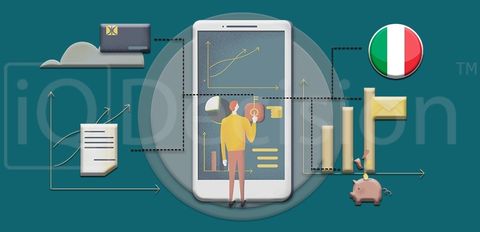Acquiring & selling companies in the Republic of Italy is usually done through negotiations between sellers & purchasers. In the majority of cases, purchasers & sellers are LLCs or JSCs.
Normally, acquiring an enterprise in Italy takes no more than six months (depending on a transaction’s complexity, it may require a bit longer). As regards other cases, purchasing a ready-made company in the Republic of Italy takes approximately thirty days.
Regulation
M&A deals in the Republic of Italy are usually governed by the applicable provisions of Italian legislation. Parties are at liberty to select other jurisdictions’ laws; however, they can’t derogate from some provisions of Italian legislation. Italian courts can require them to apply only Italian laws as the main laws regulating their contract (especially if it’s inconsistent with Italian public policy).
Ownership
Purchasing businesses in Italy implies acquiring full ownership of companies’ stakes. Ensuring that purchasers acquire such ownership is the direct obligation of sellers; if purchasers lose ownership of assets due to the rights claimed by 3rd parties, sellers must reimburse purchasers for whatever losses they might incur. Also, purchasers may provide sellers with additional guarantees for transferred assets by including them in a purchase agreement.
Once an agreement regarding ownership is reached by parties, it passes to purchasers; however, transferring assets, stakes & business in Italy may require compliance with additional requirements. For instance, transferring stakes in Italian JSCs requires confirming share certificates. Also, a specific deed & registration with relevant registries are required to transfer business/specific assets in Italy.
If a company’s assets are being sold by multiple sellers, transferring their shares to purchasers requires their explicit consent (if a company's charter or SHA (or both) provide sellers (usually, a majority stakeholder) with a right to dispose of stakes).
Pitfalls
Purchasers get transferred all contracts & other documents related to acquired companies automatically. Any particular commitments regarding notification or obtainment of refusal/consent can be stipulated in contractual documents relating to transferred companies.
When concluding such an agreement, purchasers can request that sellers pay taxes for the previous twenty four months & the twelve months in which a company is acquired.
The government may change the use or dispose of a company's assets if its shares are considered of strategic importance. Its other exclusive rights include:
- vetoing corporate decisions regarding M&A transactions;
- imposing specific obligations on purchasers from outside the EU that buy a controlling stake in a company whose assets are considered strategically important;
- objecting to shares of specific companies being acquired.
Getting regulatory or government approval might be required for conducting some transactions. For instance, buying shares in Italian companies accounting for more than ten percent of an Italian bank requires getting authorization of Italy’s Central Bank.
We hope our short review will help you find answers to some of your most pressing questions. Should you have any further questions regarding conclusion of M&A deals in Italy, do not hesitate to contact IQ Decision UK. Our experts are going to be happy to provide you with an individual consultation on acquiring businesses in the Republic of Italy & shed light on many other aspects of M&A deals in Italy.










